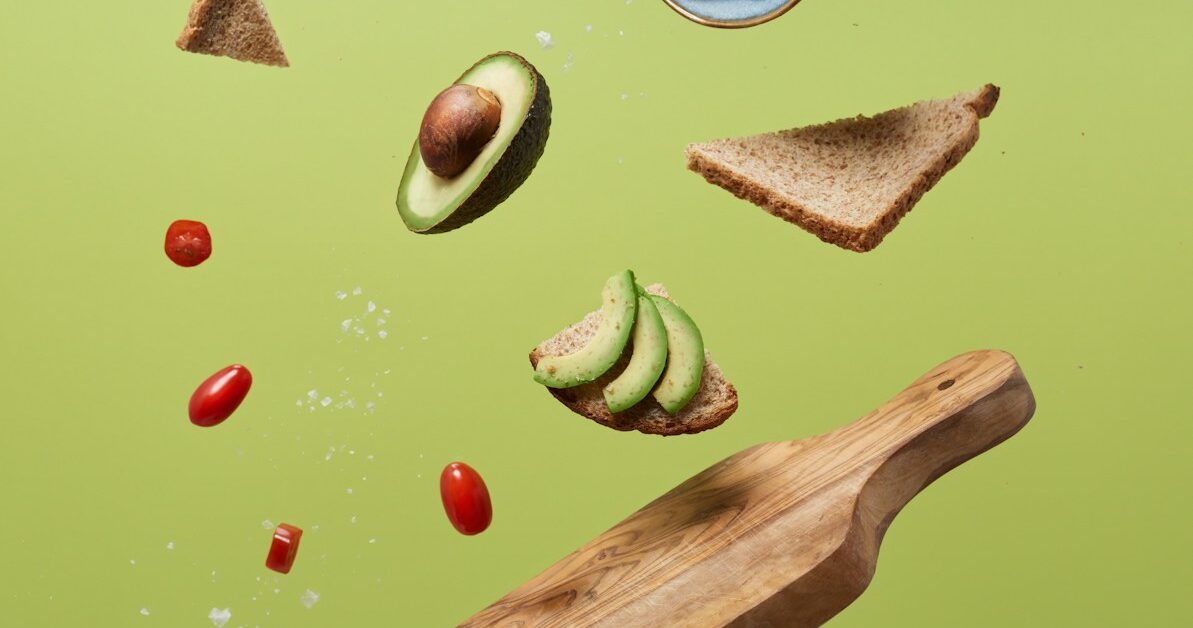What plant-based foods should you eat during pregnancy?
Pregnancy is a crucial time for both the mother and the developing baby. It is essential to maintain a healthy diet during this period to ensure proper nutrition for the mother and support the growth and development of the fetus. While there are various dietary options available, plant-based foods offer a wide range of nutrients that are beneficial during pregnancy. Here are some plant-based foods that should be included in a pregnant woman’s diet:
1. Leafy greens
Leafy greens such as spinach, kale, and Swiss chard are excellent sources of essential nutrients like folate, iron, and calcium. Folate is crucial for the development of the baby’s neural tube, which forms the brain and spinal cord. Iron helps in the production of red blood cells and prevents anemia, a common condition during pregnancy. Calcium is essential for the development of the baby’s bones and teeth.
2. Legumes
Legumes, including lentils, chickpeas, and beans, are rich in protein, fiber, iron, and folate. Protein is essential for the growth and repair of tissues, while fiber helps prevent constipation, a common issue during pregnancy. Iron and folate are crucial for the production of red blood cells and the prevention of birth defects.
3. Whole grains
Whole grains like quinoa, brown rice, and oats are packed with fiber, vitamins, and minerals. They provide sustained energy and help regulate blood sugar levels. Whole grains are also a good source of B vitamins, which are important for the development of the baby’s nervous system.
4. Berries
Berries such as strawberries, blueberries, and raspberries are rich in antioxidants, vitamins, and fiber. Antioxidants help protect the body’s cells from damage caused by free radicals. The high fiber content aids digestion and helps prevent constipation. Berries are also a good source of vitamin C, which aids in the absorption of iron.
5. Nuts and seeds
Nuts and seeds, including almonds, walnuts, chia seeds, and flaxseeds, are packed with healthy fats, protein, fiber, vitamins, and minerals. They provide essential nutrients like omega-3 fatty acids, which are important for the baby’s brain development. Nuts and seeds also help in maintaining a healthy weight during pregnancy.
6. Avocado
Avocado is a nutrient-dense fruit that is rich in healthy fats, fiber, vitamins, and minerals. It provides folate, potassium, vitamin K, vitamin C, and vitamin E. The healthy fats in avocados are beneficial for the baby’s brain and tissue development. Avocado also helps in reducing inflammation and promoting healthy digestion.
7. Fortified plant-based milk
Fortified plant-based milk, such as soy milk or almond milk, can be a good source of calcium, vitamin D, and vitamin B12. Calcium is essential for the development of the baby’s bones and teeth, while vitamin D aids in the absorption of calcium. Vitamin B12 is important for the formation of red blood cells and the development of the nervous system.
8. Seaweed
Seaweed, such as nori, kelp, and wakame, is a rich source of iodine, which is essential for the production of thyroid hormones. Adequate iodine intake during pregnancy is crucial for the baby’s brain development. However, it is important to consume seaweed in moderation due to its high iodine content.
9. Citrus fruits
Citrus fruits like oranges, lemons, and grapefruits are excellent sources of vitamin C, which aids in the absorption of iron and supports the immune system. They also provide hydration and help relieve pregnancy-related constipation.
10. Dark chocolate
Dark chocolate with a high cocoa content is a delicious and nutritious treat during pregnancy. It is rich in antioxidants and minerals like iron, magnesium, and zinc. However, it should be consumed in moderation due to its calorie content.
Including a variety of these plant-based foods in a pregnant woman’s diet can provide the necessary nutrients for a healthy pregnancy. However, it is important to consult with a healthcare professional or a registered dietitian to ensure a well-balanced and individualized diet plan based on specific needs and requirements.
